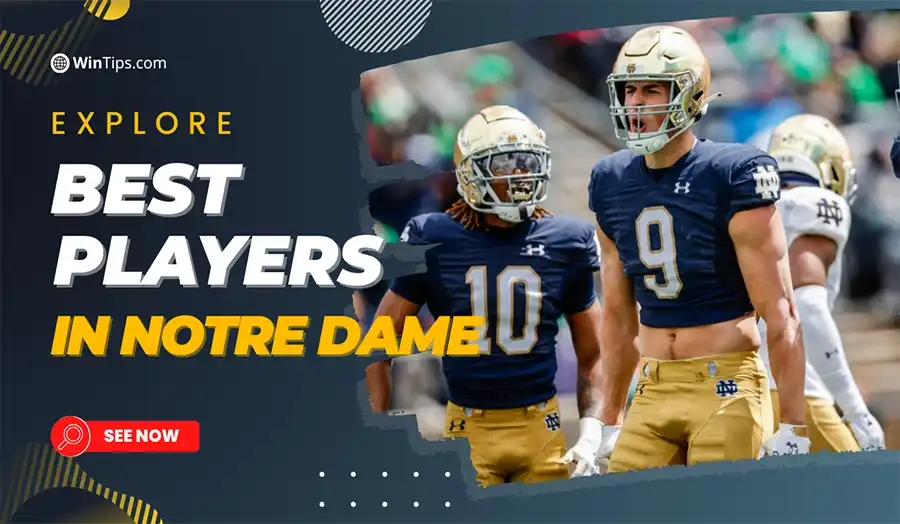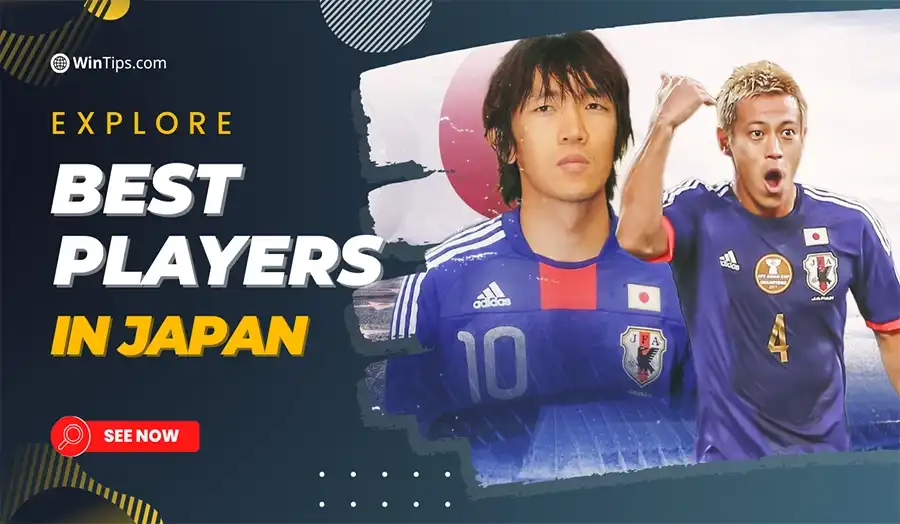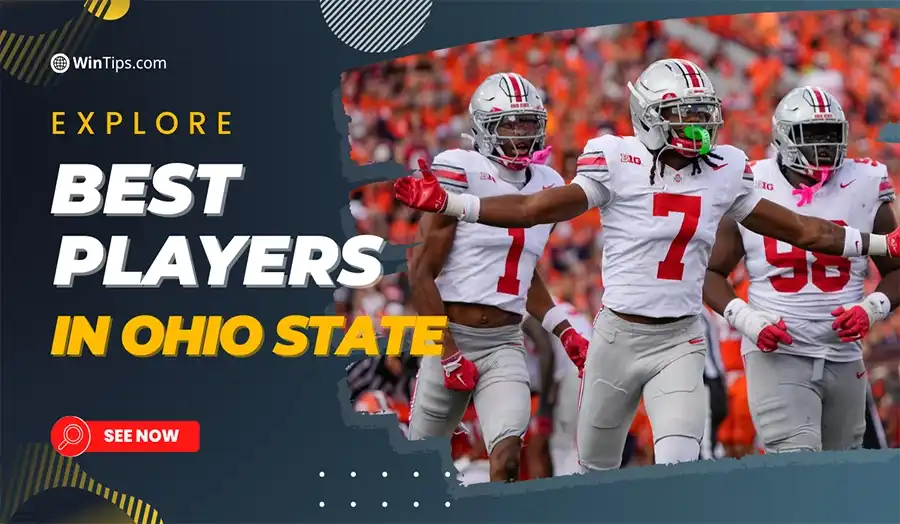Paris Saint-Germain (PSG) is one of the most powerful football clubs in the world today. The club has transformed from a mid-tier French team into a global football powerhouse, attracting superstars such as Lionel Messi, Neymar, and Kylian Mbappé. Behind this incredible rise is Qatar Sports Investments (QSI), a company that has owned PSG since 2011. But who exactly owns PSG? What is QSI’s role in the club’s transformation? How has the ownership impacted the financial and sporting success of the team? Wintips will explore everything you need to know about the owners of Paris Saint-Germain.
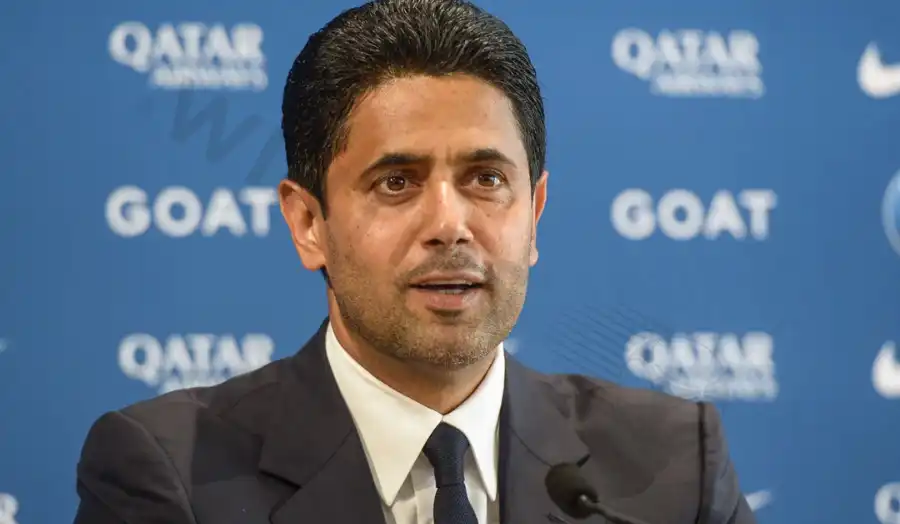
The impact of QSI ownership on PSG
Since Qatar Sports Investments (QSI) took control of Paris Saint-Germain (PSG) in 2011, the club has undergone a transformational journey, evolving from a relatively modest French team into a global football powerhouse. The financial backing of QSI has allowed PSG to dominate domestic competitions, make significant strides in European football, and establish itself as a globally recognized brand. This ownership has not only changed the club’s fortunes on the pitch but also redefined its identity in the world of sports and entertainment.
Financial revolution and economic growth
Before the arrival of QSI, PSG was not among Europe’s financial heavyweights. The club struggled to attract top-tier talent and lacked the financial resources to compete with clubs like Real Madrid, Barcelona, and Manchester United. However, the financial muscle of QSI has propelled PSG into a new era of unprecedented wealth and investment, making it one of the richest clubs in the world.
PSG’s transfer spending skyrocketed under QSI, with the club investing over €1.5 billion in player acquisitions. This aggressive recruitment strategy saw the arrival of superstars like Neymar (€222m), Kylian Mbappé (€180m), and Lionel Messi (free transfer but with a record salary package). These signings not only strengthened the squad but also boosted the club’s commercial appeal, drawing millions of new fans and lucrative sponsorship deals.
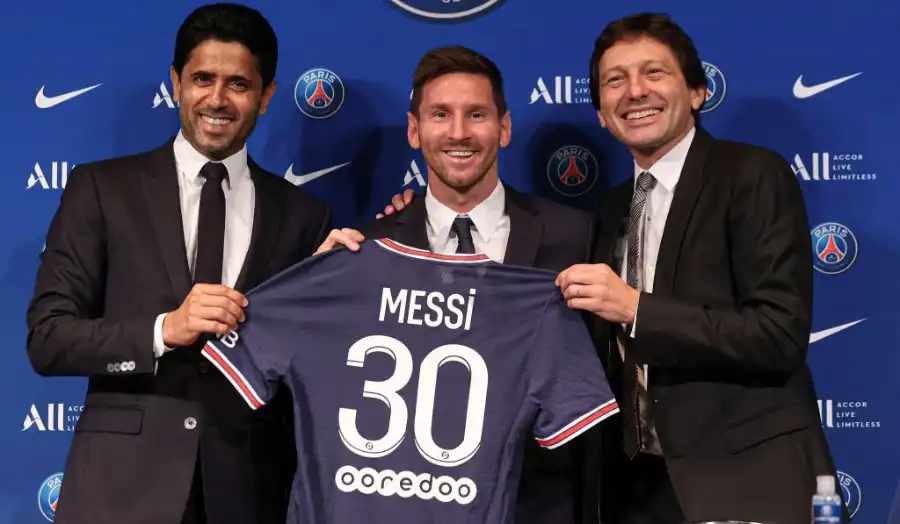
The club’s revenue has also grown exponentially, rising from €100 million in 2010 to over €600 million today. Major sponsorships from Qatari companies such as Qatar Airways, Qatar National Bank, and Ooredoo have further solidified PSG’s financial position. Additionally, significant investments in infrastructure have modernized the Parc des Princes stadium and the club’s training facilities, providing players with world-class resources.
Unmatched sporting dominance in France
PSG’s on-field success under QSI has been nothing short of spectacular. Before the takeover, the club had won only two Ligue 1 titles (1986, 1994). Since then, PSG has become the undisputed king of French football, winning nine Ligue 1 titles in just over a decade. This period of dominance has also seen PSG lift multiple Coupe de France and Coupe de la Ligue trophies, solidifying their place as the strongest club in the country.
However, the biggest test of PSG’s sporting success has been the UEFA Champions League. Despite boasting a squad filled with world-class talent, PSG has struggled to clinch European glory, with their best performance coming in 2020, when they reached the final but lost to Bayern Munich. The club’s Champions League ambitions remain unfulfilled, and critics argue that despite heavy investments, PSG has yet to truly establish itself as a European giant.
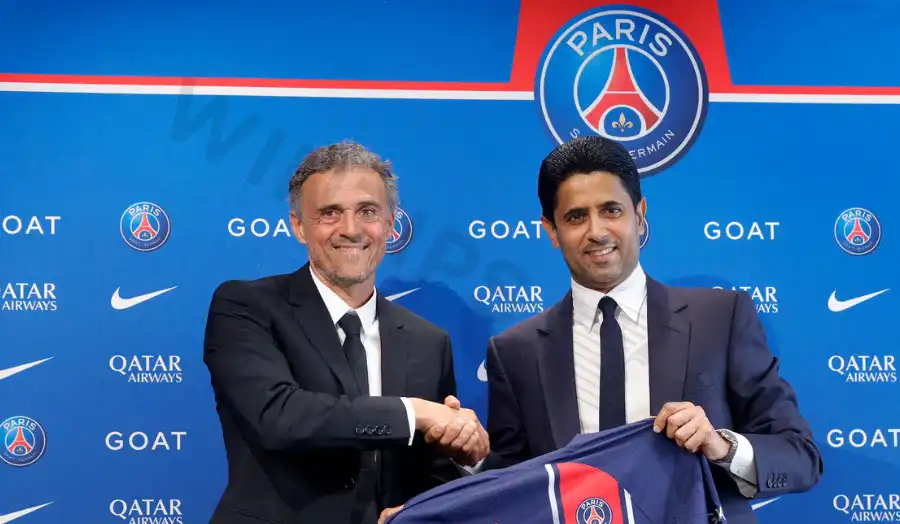
Nonetheless, PSG’s ability to attract world-class players and remain competitive at the highest level is a testament to QSI’s long-term vision. The club continues to be a major force in European football, and with continued investment, its dream of winning the Champions League remains within reach.
PSG’s global expansion and brand evolution
Under QSI, PSG has transcended football and become a global lifestyle brand. The club’s marketing strategy has been revolutionary, allowing PSG to expand its fanbase beyond France and Europe into Asia, the Middle East, and North America.
One of PSG’s most successful branding moves was its partnership with Nike’s Jordan Brand, making it the first football club to collaborate with the iconic basketball-inspired label. This partnership has transformed PSG jerseys into global fashion statements, appealing to a younger, trend-conscious audience beyond traditional football fans.
Refer to highest odds betting site for top and exciting sports betting.
Controversies and criticism of PSG’s ownership
While QSI’s takeover of PSG has transformed the club into one of the most successful and financially powerful teams in world football, it has also generated significant controversy. Critics have raised concerns over the club’s financial conduct, political implications, and failure to deliver European success. These issues have led to heated debates among football analysts, governing bodies, and rival clubs, questioning the long-term impact of PSG’s ownership model.
Financial Fair Play (FFP) and allegations of financial misconduct
One of the biggest criticisms PSG has faced under QSI’s ownership is its alleged disregard for UEFA’s Financial Fair Play (FFP) regulations. Introduced in 2011, FFP was designed to prevent clubs from spending more than they generate in revenue, ensuring financial sustainability in European football. However, PSG’s lavish spending on player transfers and wages has led to repeated allegations that the club has manipulated its financial statements to bypass these rules.
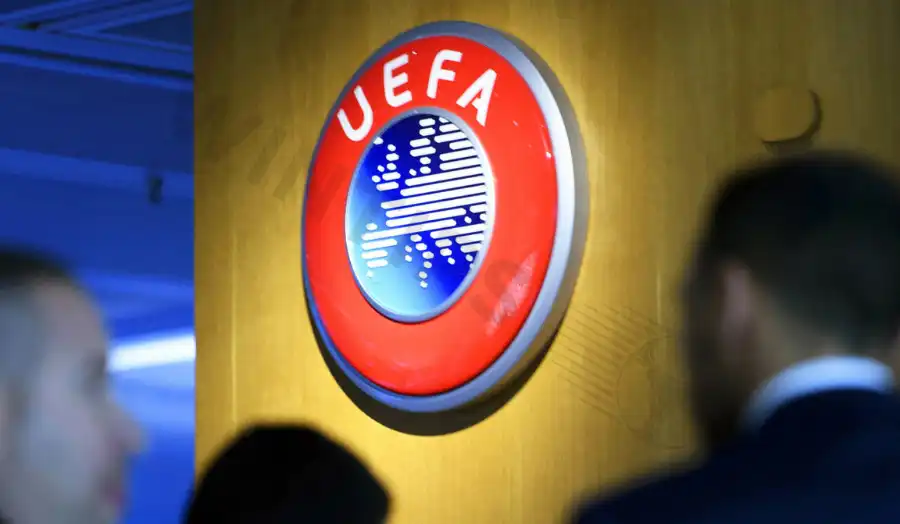
The first major FFP violation came in 2014 when UEFA found PSG guilty of breaching financial regulations. The club was hit with a €60 million fine, a transfer spending cap, and squad size restrictions in European competitions. Despite this, PSG continued to flex its financial muscle, raising further concerns about the effectiveness of FFP enforcement.
The controversy peaked in 2017 when PSG orchestrated the two most expensive transfers in football history—signing Neymar for €222 million from Barcelona and Kylian Mbappé for €180 million from Monaco. These transfers led to accusations that PSG was circumventing FFP rules by using inflated sponsorship deals linked to Qatar-based companies to artificially boost its revenues. UEFA launched an investigation, but PSG managed to avoid severe punishment, leading to frustration among rival clubs who felt the regulations were being selectively enforced.
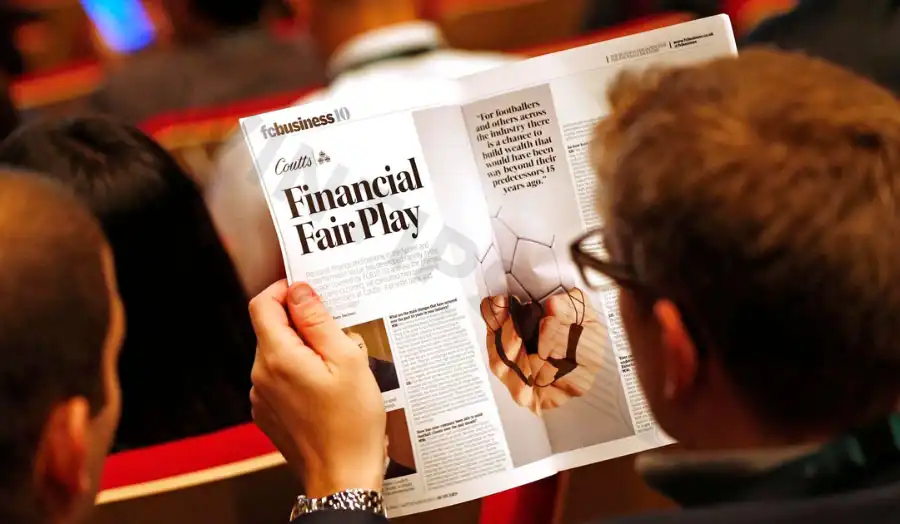
In 2022, UEFA imposed yet another fine on PSG for failing to comply with FFP regulations, further fueling criticism that the club’s financial model is unsustainable and unfair. Many believe that PSG’s Qatari backing provides an unfair competitive advantage, allowing them to outspend traditional European giants while facing minimal consequences. This has sparked ongoing debates about the integrity of financial regulations in modern football.
The influence of Qatar in football and sports washing allegations
Beyond financial concerns, PSG’s ownership has been scrutinized for its political implications. Qatar’s acquisition of the club is often seen as part of a broader strategy known as “sports washing”, where governments invest in high-profile sports teams to enhance their international reputation and divert attention from human rights issues.
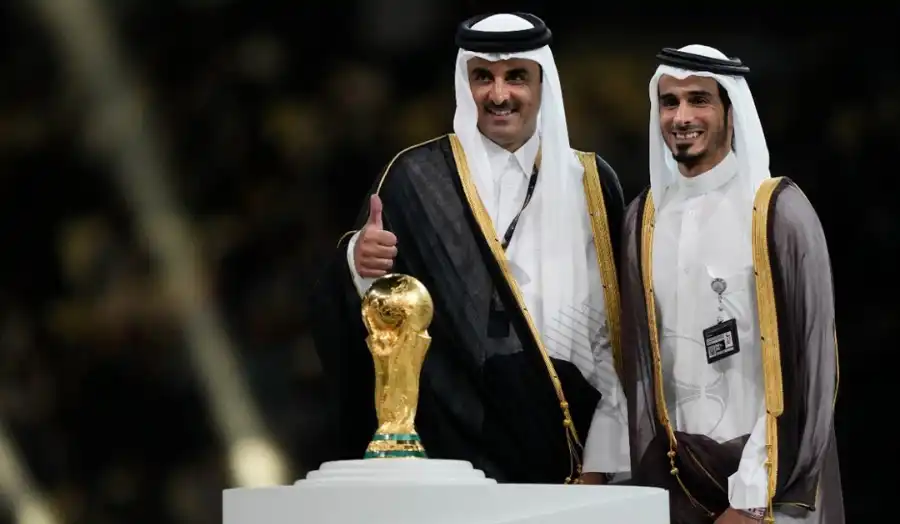
Qatar has faced widespread criticism over its treatment of migrant workers, particularly in the lead-up to the 2022 FIFA World Cup. Reports from human rights organizations have documented poor working conditions, unpaid wages, and even worker deaths, raising ethical questions about the role of Qatari money in football. PSG’s close ties to the Qatari government have led to accusations that the club is being used as a political tool rather than just a football institution.
PSG’s struggles in the UEFA Champions League
Despite their domination of French football, PSG has failed to win the one trophy that truly matters to their owners—the UEFA Champions League. Since QSI’s takeover, winning Europe’s most prestigious club competition has been the ultimate goal, yet the club has repeatedly fallen short, raising questions about its sporting identity and project.
One of the most infamous moments in PSG’s European history came in 2017 when they suffered a humiliating 6-1 defeat to Barcelona after leading the tie 4-0 from the first leg. This collapse remains one of the greatest comebacks in Champions League history and exposed PSG’s mental fragility on the biggest stage.
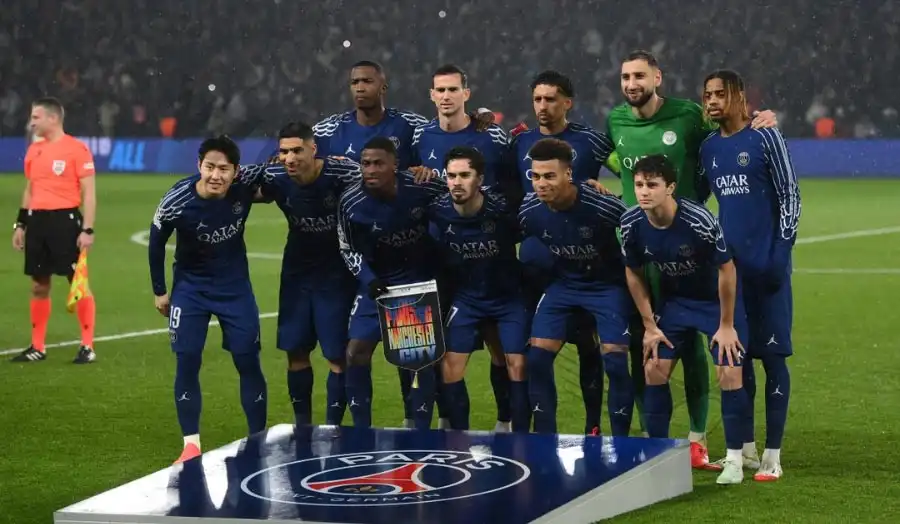
In 2020, PSG finally reached the Champions League final for the first time in their history, but they fell to Bayern Munich in a tightly contested 1-0 defeat. While this marked a step forward, it also highlighted the fine margins between success and failure at the highest level.
More recent disappointments have followed, including early eliminations in the 2021-22 and 2022-23 seasons, despite boasting a squad featuring Lionel Messi, Neymar, and Mbappé. Many critics argue that PSG’s superstar-driven approach lacks the team cohesion and tactical discipline needed to win the Champions League. While they have assembled some of the best individual talents in the world, they have struggled to develop a collective identity capable of overcoming Europe’s elite clubs like Real Madrid, Bayern Munich, and Manchester City.
In summary
The owner of Paris St Germain, Qatar Sports Investments (QSI), has undeniably transformed the club into a global football powerhouse. Their financial backing has allowed PSG to dominate French football, attract the world's biggest stars, and expand its brand beyond the sport. However, this success has come with significant controversy, including Financial Fair Play violations, accusations of sportswashing, and persistent failures in the UEFA Champions League. While PSG continues to strive for European glory, its legacy under QSI will ultimately be defined by whether it can achieve sustained success on the biggest stage or remain a club known more for its financial strength than its footballing achievements.
Refer to: Top 8 worst Man Utd defenders in Premier League history.
